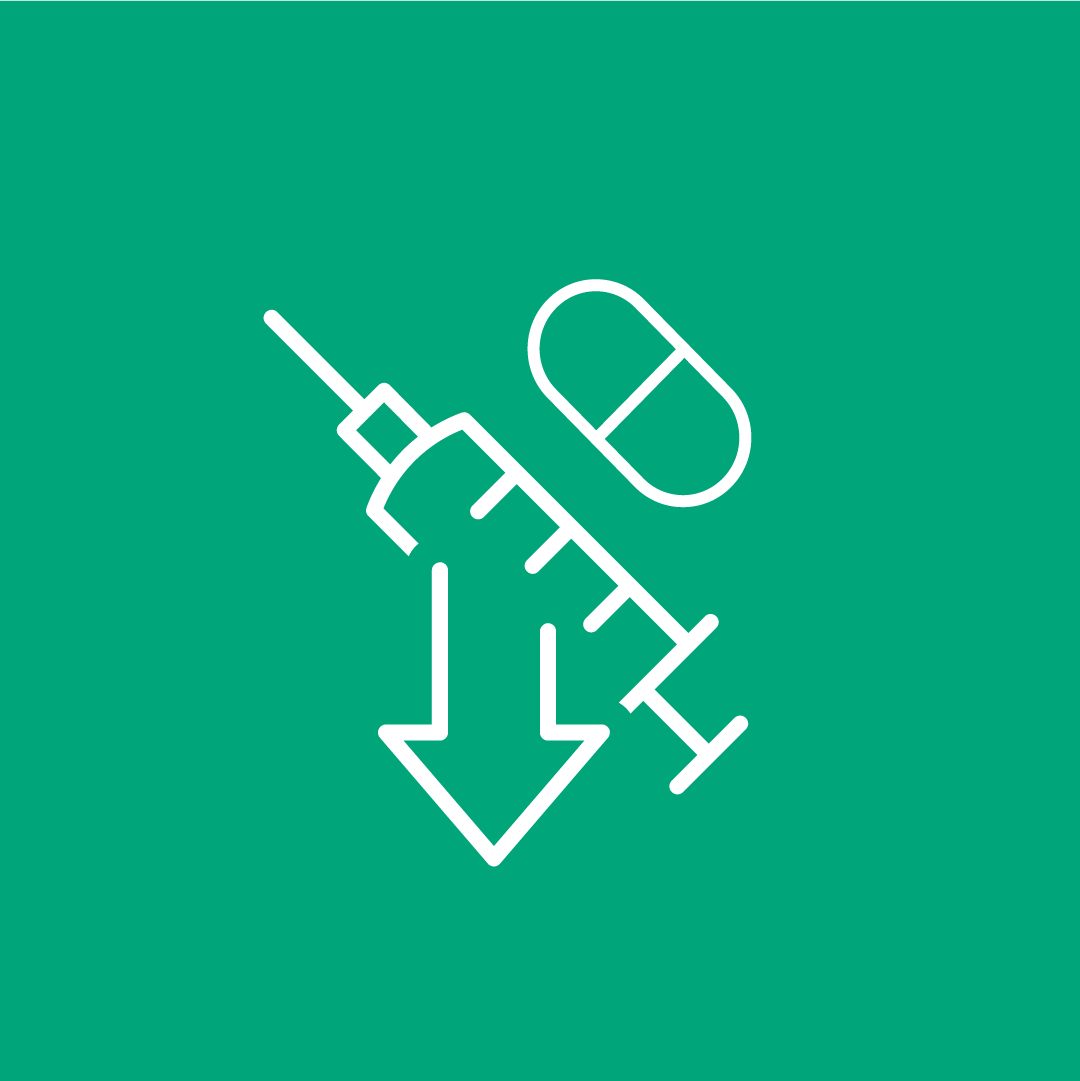The National Immunisation Program Vaccinations in Pharmacy (NIPVIP) program commences on 1 January 2024, funding community pharmacies to administer all NIP vaccines to eligible patients aged 5 years and over.
Before the program starts, there are some important program details that pharmacists need to know.
PSA Policy Pharmacist Karen Castle MPS fills in all the blanks to help pharmacists prepare for the New Year change.

1. The vaccines pharmacists can administer still varies across jurisdictions
The federal government has worked together with state and territory governments to increase vaccine authority in time for the commencement of NIPVIP.
While much progress has been made, national consistency is yet to be fully achieved.
The PSA has strongly advocated for national consistency and will continue to do so until all access gaps are closed.
So pharmacists know exactly what vaccines they can, and can’t, administer – PSA has developed a microsite with the most up-to-date information.
2. No additional fees can be charged for administering vaccines under the program
Community pharmacies will receive an administration fee of $18.85 for every vaccine administered under the NIPVIP program.
However, where pharmacies claim a NIPVIP administration fee, they can’t charge patients any additional fees for that service, including vaccine suitability assessment fees or fees to upload a record of the person’s vaccine event to the Australian Immunisation Register (AIR) etc.
3. Outreach vaccination clinics are ineligible for NIPVIP
Currently, pharmacists can only administer NIPVIP vaccines at the location of the approved service provider registered with the Pharmacy Programs Administrator (PPA).
This means no outreach clinics can be conducted in residential aged care facilities or schools through NIPVIP, for example. Nor can pharmacists administer vaccines to patients within their home.
This is in contrast to other programs, such as the COVID-19 vaccination program, where community pharmacies are permitted and financially incentivised to provide outreach vaccination services.
The PSA are in discussions with senior government officials regarding NIPVIP program rules and will continue to advocate for community pharmacy vaccination outreach programs to be run through NIPVIP.
4. Every vaccination event is an opportunity to administer any overdue vaccines
Pharmacists must check a person’s AIR record prior to every vaccination event to ensure that vaccination is appropriate. It is also a good opportunity to review whether they are up to date with all recommended vaccines.
The following scenario is an example of how pharmacists can promote vaccinations patients are due for.
Patient: I’m here for a pertussis shot today
Pharmacist: Great! I can see you’re also possibly overdue for your COVID-19 and influenza vaccinations. Would you like those today as well to get you up to date?
Patient: I am travelling to Japan for a holiday in April. Are there any vaccines I should have before my trip?
Pharmacist: I can definitely help you with that! But I’ll just need to ask a few more questions about your trip and check your immunisation record.
5. Fees are provided for each vaccine administered, even when more than one vaccine is administered in a single consultation
When pharmacists administer multiple NIPVIP vaccines, they can claim $18.85 for each vaccine administered.
When administering private vaccines where a patient is not eligible for a vaccination under the program, pharmacists can charge for the vaccine stock and administration privately.
6. Even if you are authorised to administer it, you might not be allowed to order NIP stock
The list of NIP vaccines pharmacies can order may be shorter than what pharmacists can actually administer.
For example, Queensland-based pharmacists are able to administer hepatitis B and measles, mumps rubella vaccines but are unable to order NIP stock.
Jurisdiction-based information about ordering NIP stock is available on the PSA microsite.
7. Informed consent includes informed financial consent
Informed consent for a vaccination must include financial consent. Pharmacists are used to this with the example of influenza vaccines for many years. But the conversation can get trickier if there are multiple funding sources for different vaccines.
Pharmacists could navigate these conversations by saying: ‘These are the vaccines recommended for you. Today, two of the vaccines and administration fees are covered by the government. For the other vaccine, the vaccine costs $X and the administration fee is $Y, which comes to a total of $Z.’
8. Understand the registration and training requirements
Pharmacists can refer to the PPA portal for instructions on how to register and claim for the NIPVIP program.
PSA’s Immunisation Refresher Course is now FREE for all PSA members.
The regulations in some jurisdictions require pharmacists to complete an annual vaccination refresher course, including:
- Western Australia
- New South Wales.
However, the Pharmacy Board of Australia requires all pharmacists complete continuing professional development activities that are tailored to maintain competency relevant to the role they perform, including vaccination.
PSA Professional Practice Standards applied in this article:







 John Jones MPS, pharmacist immuniser and owner of My Community Pharmacy Shortland in Newcastle, NSW[/caption]
John Jones MPS, pharmacist immuniser and owner of My Community Pharmacy Shortland in Newcastle, NSW[/caption]


 Debbie Rigby FPS explaining how to correctly use different inhaler devices[/caption]
Debbie Rigby FPS explaining how to correctly use different inhaler devices[/caption]




 Professor Sepehr Shakib[/caption]
Professor Sepehr Shakib[/caption]

 Lee McLennan MPS[/caption]
Lee McLennan MPS[/caption]
 Dr Natalie Soulsby FPS, Adv Prac Pharm[/caption]
Dr Natalie Soulsby FPS, Adv Prac Pharm[/caption]
 Joanne Gross MPS[/caption]
Joanne Gross MPS[/caption]





